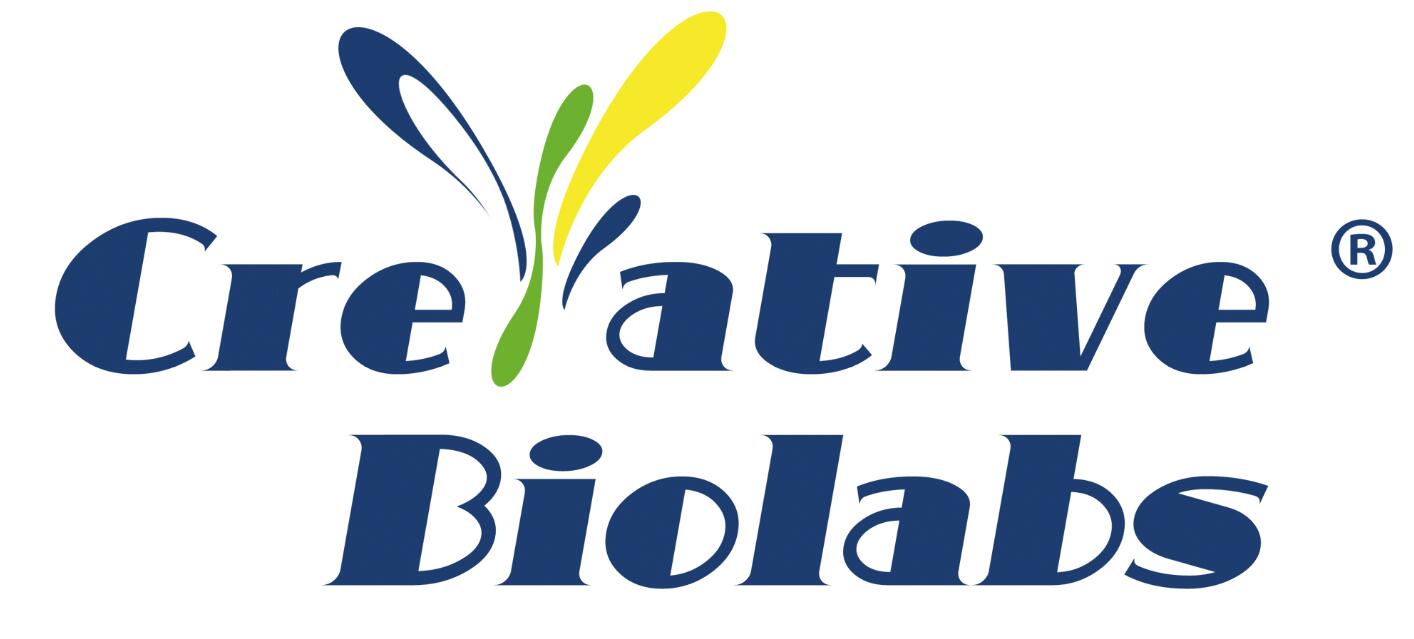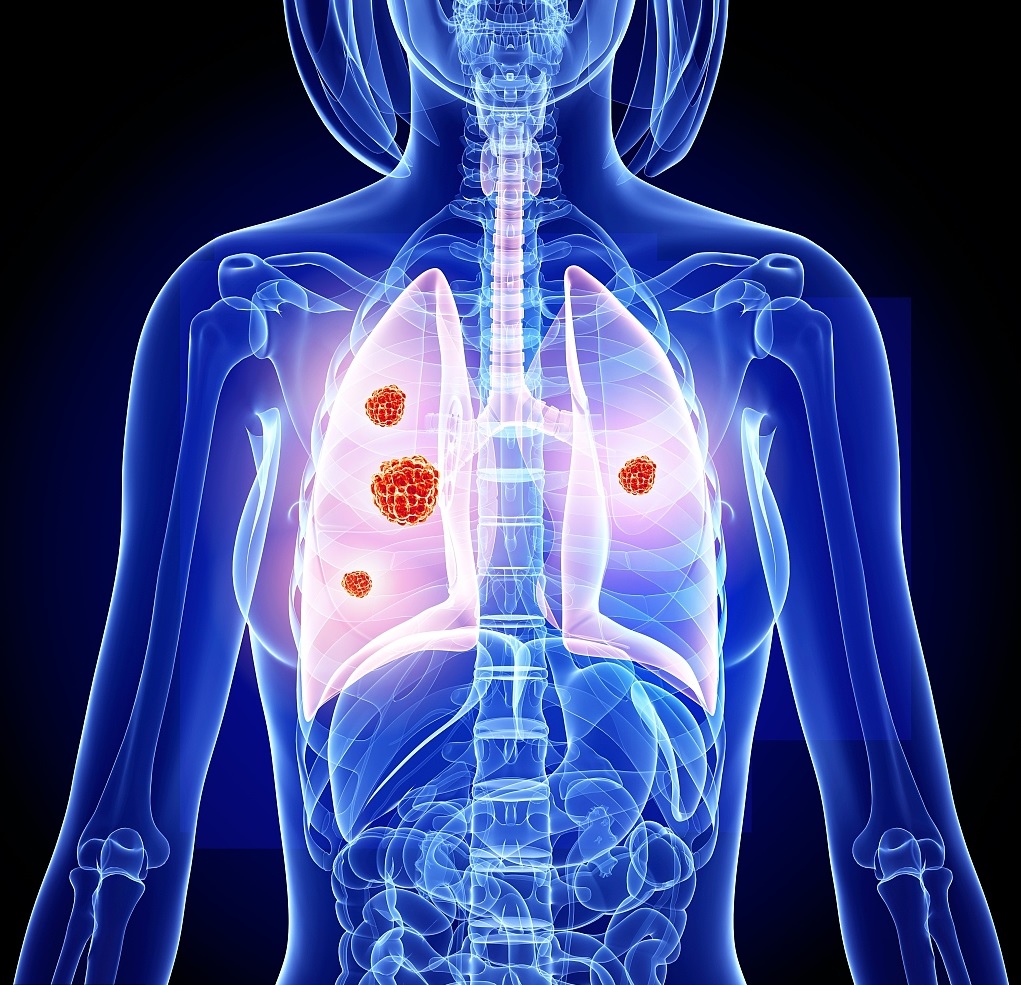Incidence of lung cancer
Lung cancer has the highest incidence of cancer in the world. According to WHO’ statistics, there are an estimated 18.1 million new cancer patients worldwide in 2018, of which lung cancer accounts for about 2.094 million, accounting for 11.6%. Lung cancer treatment drugs are also the focus of research and development of major pharmaceutical enterprises. From earlier afatinib and gefitinib to now osimertinib and PD-1/L1 inhibitors, it can be found that although these drugs have been approved for lung cancer, but the specific types of lung cancer are different.
Classification of lung cancer
The classification of lung cancer is a very complicated problem. To define exactly what kind of lung cancer is, it needs to be combined with the three aspects of typing, staging and molecular information to understand.
Cancer typing mainly describes what lung cancer cells look like. According to the morphological characteristics of lung cancer cells under microscope, lung cancer cells can be initially divided into two types: small cell lung cancer (SCLC) and non-small cell lung cancer (NSCLC). The growth characteristics, diffusion risk and treatment regimen of these two types of lung cancer are different, so we should first distinguish between the two types of lung cancer. The vast majority of lung cancer is NSCLC, which accounts for about 85%. NSCLC can be further divided into three types: adenocarcinoma, squamous cell carcinoma and large cell carcinoma. Adenocarcinoma is the main type, accounting for about 50% of NSCLC.
Staging mainly describes the diffusion degree of lung cancer cells. After lung cancer is diagnosed, doctors use a series of tests to determine the staging of lung cancer by examining whether the cancer is only locally or has spread to lymph nodes or other organs of the body. NSCLC and SCLC are slightly different in the professional staging system, but for the convenience of communication, they can be summarized into 0, I, II, III or IV. I, II, III will sometimes be divided into A and B, such as IIA, IIIB and so on. Stage 0 and I have the best prognosis and the highest cure rate, while stage IV is commonly referred to as advanced cancer, indicating that the cancer has metastasized to other tissues or organs.
Molecular information is genotyping. According to the type of gene mutation, lung cancer can be divided into EGFR mutation, ALK mutation and ROS1 mutation. Different types of gene mutations are suitable for different targeted drugs.
Classification of drugs for lung cancer
At present, targeted drugs are mainly aimed at the types of gene mutations in NSCLC. According to the staging of lung cancer, surgical treatment, chemotherapy, radiotherapy and other traditional methods are generally used in stage I, II and III. In addition, stage IV has different treatment methods according to the type of gene mutation.
Targeted therapeutic drugs and immunotherapeutic drugs are the two mainstream therapeutic drugs for lung cancer, in which targeted therapeutic drugs are divided into small molecules and macromolecules. Small molecule targeted drugs are mainly used in the treatment of NSCLC, such as mutation of EGFR and ALK, while macromolecular targeted drugs mainly refer to VEGF/VEGFR monoclonal antibodies. Immunotherapy is a good choice for patients without obvious driving gene, mainly refers to PD-1/PD-L1.
Genotyping and treatment of lung cancer
EGFR-TKI: EGFR mutation is a type of gene mutation with high incidence in lung cancer. In view of this mutation, erlotinib, gefitinib and afatinib have been approved one after another. In the FLAURA trial, the median progression-free survival time of osimertinib was 18.9 months, which was much higher than that of gefitinib / erlotinib group (10.2 months). However, there is no solution to the treatment after first-line drug resistance of osimertinib.
ALK-TKI: ALK-TKI is mainly used to treat NSCLC with ALK positive mutation. The first, second and third generations of ALK-TKI have been approved, which are crizotinib, ceritinib and alectinib, respectively. The National Comprehensive Cancer Network (NCCN) guidelines recommend alectinib as the first line of treatment for NSCLC with ALK positive mutation. Among them, crizotinib and alectinib are used in the treatment of locally advanced or metastatic NSCLC patients with ALK positive mutation. Ceritinib is used in patients with locally advanced or metastatic NSCLC who have previously progressed after treatment with crizotinib or who are intolerant to crizotinib.
VEGF/VEGFR monoclonal antibodies: bevacizumab combined with chemotherapy, EGFR-TKI and PD-L1 immune checkpoint for the treatment of NSCLC has been approved by FDA. At the same time, bevacizumab combined with ALK-TKI is also in the clinical trial stage.
PD-1/L1: PD-1/L1 is mainly aimed at lung cancer without obvious driving gene. FDA has approved multiple PD-1/L1 therapies for various indications of lung cancer.

